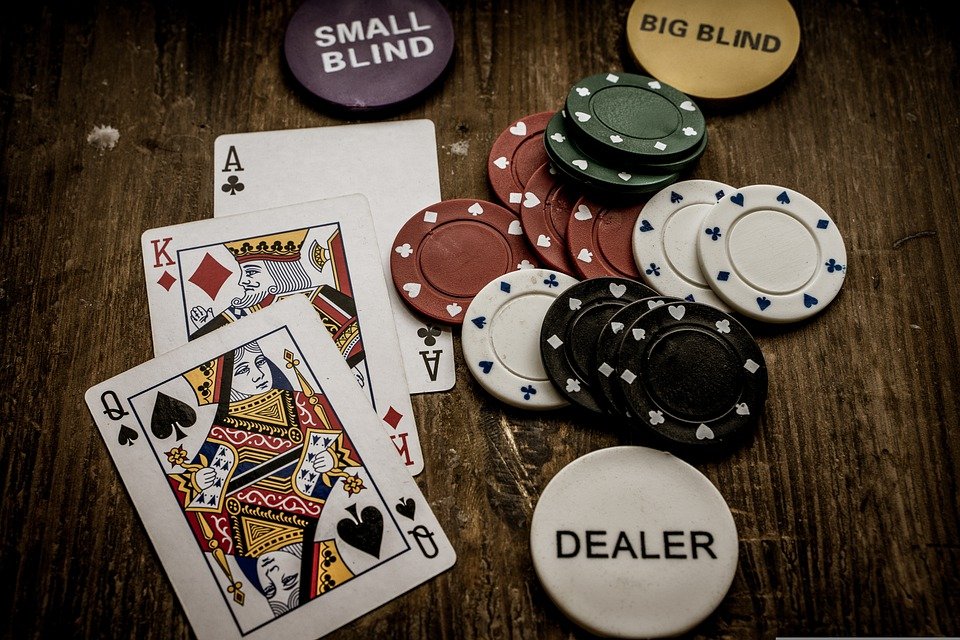Poker is one of the biggest card games in the world both competitively and casually. It boasts a massive player count of over 100 million players, a thriving competitive scene with annual high-stakes tournaments, and fantastic strategic depth. Despite having an element of luck in the hand you are dealt with, skill is what truly separates the good players from the bad. Skilled players can accurately guess their opponents’ cards from their actions and habits, adapt their strategy in each game they play, and most importantly, focus on winning at poker in the long run instead of looking at individual games.
Since poker strategy is so in-depth and complex, learning it all as a beginner can be quite daunting. Besides basic concepts like bluffing and pot odds, one of the best ways to improve is by analyzing your mistakes. Beginners naturally make some mistakes a lot more than other players, and since poker is so popular, these mistakes are well documented. Learning about them helps you improve your game and allows you to take advantage of other players making those mistakes. This poker guide will teach you all about the mistakes you make post-flop, how they happen, and why they are wrong.

Donk betting
This kind of bet is so famous that it has a name. The term “donk” comes from the word, “donkey” and is a crude slang term used for bad players. It’s known as a donk bet because many people thought it was a horrible mistake only inexperienced players made. It is when you bet into the pre-flop aggressor as the pre-flop caller, stopping them from continuation betting. There are numerous reasons why this is discouraged, but the biggest one is its informational disadvantage.
Typically, you want to check from an early position into the pre-flop raiser. That will let you see what they do from a late position and act accordingly. Donk bets take this opportunity away. If you checked, you could see if they checked or bet, which is vital information. If they call your donk bet, that doesn’t mean anything. They could be checking to see the next card, trapping you with a monster hand, or bluffing. The worst part is that you commit money to the pot without knowing anything by donk betting.
Min-betting
Bet sizing is a core part of poker, as different bets elicit different reactions from your opponents. Value bets should make your opponents want to call, while bluffs should make your opponents fold. Min-bets are a bizarre mistake made by some players. A min-bet is when you bet the absolute bare minimum, which is inconsequential and worse than not putting money in the pot at all. Min-bets are neither a value bet nor a bluff; they just exist.
A min-bet is likely to get called because it’s so tiny, but that doesn’t help you build a pot. It gives you zero information because players can call with any hand, and it does not provide information based on the opponents’ decisions. If they raise you, you don’t even know whether it’s a bluff or a value bet because of how small your bet was. It doesn’t force your opponents to make tough decisions; it makes their lives easier. Finally, a min-bet is often seen as a sign of inexperience and weakness, which could lead to you getting exploited by the other players.

Slow playing strong hands
Another well-known beginner mistake is slow playing. That is a deceptive play where you attempt to disguise your hand’s strength by passively calling and checking. The main reason you shouldn’t slow play is the lack of profit. Slow play forces you to rely on someone else to build the pot. Especially when playing against other beginners, that scenario is improbable. You leave money on the table, the last thing you want with a big hand. Premium hands are rare, so you should focus on making as much money from them as possible through value bets and raises. Slow play also leaves you prone to getting outdrawn, even if you had pocket aces at pre-flop, the flop could enable a straight or flush draw. In this scenario, you last want to let your opponent see cards for free when your hand is strong and they are on a draw.
Ignoring previous rounds
The final post-flop mistake is more advanced than the other three. Many players, even intermediate ones, fail to realize the post-flop consists of multiple rounds. They forget about their opponents’ actions in the past rounds, which can significantly impact your reads and overall strategy. Their actions, even pre-flop, should be considered when doing things like range reading. If they call a small bet pre-flop, their range gets “capped” and is unlikely to include premium pairs like AA and KK because they would have 3-bet you instead. You also need to consider the past rounds for your strategy. You need to be actively thinking about board state and the round, which can be as simple as “I was incredibly fortunate and hit a set on the flop. How do I bet effectively on all three rounds to build the largest pot?”

Practicing poker online
We hope this article taught you how to play poker better by teaching you common post-flop mistakes. To practice fixing them, sign up at GGPoker, the world’s largest poker room. You can learn quicker with online poker since you have access to multi-tabling, and it is more convenient to play. The best thing about online poker is the poker tracking software, which helps immensely when trying to find your mistakes.
